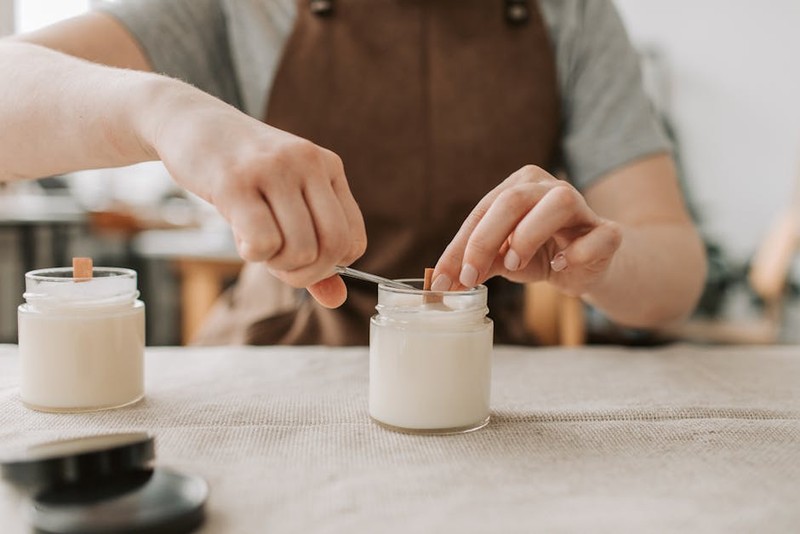The Hidden Challenge: Why Plastics Behave Differently in CNC Machining
Unlike metals, plastics present unique hurdles in CNC machining:
– Thermal Sensitivity: Excessive heat causes melting, warping, or burrs.
– Low Stiffness: Soft materials like nylon or PEEK deflect under cutting forces, risking dimensional inaccuracy.
– Chip Evacuation: Gummy plastics (e.g., PVC) cling to tools, increasing recutting and surface defects.
In one project, we machined 50 ultem 1000 prototypes with ±0.005″ tolerances. Initial attempts resulted in 15% scrap due to part movement during cutting. The fix? A combination of cryogenic cooling (to minimize heat) and custom vacuum fixtures (to stabilize parts).
Expert Strategies for Success
⚙️ 1. Material Selection: Matching Plastic to Application
Not all plastics machine equally. For small batches:
| Material | Best For | Machinability Rating (1-5) | Key Consideration |
|---|---|---|---|
| Delrin (POM) | High-wear gears | 5 | Low friction, minimal warp |
| PTFE (Teflon) | Chemical-resistant seals | 2 | Requires razor-sharp tools |
| Polycarbonate | Optical clarity | 3 | Prone to cracking |
Pro Tip: For optically clear parts, finish with diamond tooling and flame polishing.
🔍 2. Toolpath Optimization: The Secret to Efficiency
- Climb Milling: Reduces heat buildup vs. conventional milling.
- High RPM, Low Feed: Prevents material smearing (e.g., 18,000 RPM, 0.001″ feed for acrylic).
- Peck Drilling: Essential for deep holes in thermoplastics to clear chips.

Case Study: A client needed 200 ABS housings with intricate snap-fit features. By switching to trochoidal toolpaths, we cut cycle time by 22% and eliminated tool breakage.

Cost-Effective Workflows for Small Batches
💡 3. Fixturing Hacks
- Double-Sided Tape: Ideal for thin sheets (e.g., polypropylene).
- Soft Jaws: Custom-machined aluminum jaws with plastic-specific grip patterns.
- Modular Fixtures: Reusable setups for families of parts.
📊 4. Quantifying Savings: Batch Size vs. Setup Time
For a run of 50 PEEK insulators:
| Process | Time/Cost (Traditional) | Time/Cost (Optimized) |
|---|---|---|
| Setup | 2.5 hours | 1 hour (modular fixturing) |
| Machining | 8 hours | 5.5 hours (HSM toolpaths) |
| Scrap Rate | 12% | 4% |
Result: Total cost dropped by 18%—critical for prototyping budgets.
Key Takeaways for Your Next Project
- Material Matters: Test machinability with scrap pieces before full production.
- Heat is the Enemy: Use air/cryo cooling and sharp tools.
- Fixture Smartly: Invest in modular systems for repeat jobs.
- Data-Driven Decisions: Track setup vs. machining time to justify process changes.
Final Insight: In small-batch plastic machining, the difference between profit and loss often lies in the details—tool selection, fixturing, and adaptive machining strategies. By applying these lessons, you’ll turn prototyping challenges into competitive advantages.
